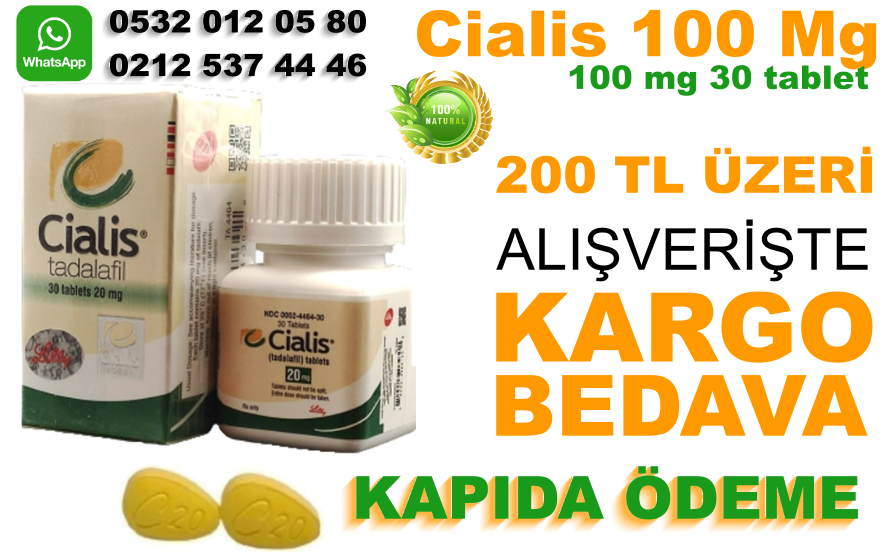Nobel Prize Awarded to Scientists for Research About Temperature and Touch
The Nobel Prize in Physiology or Medicine was awarded jointly on Monday to David Julius and Ardem Patapoutian “for their discoveries of receptors …

The Nobel Prize in Physiology or Medicine was awarded jointly on Monday to David Julius and Ardem Patapoutian “for their discoveries of receptors for temperature and touch.”
Their work sheds light on how to reduce chronic and acute pain associated with a range of diseases, trauma and their treatments.
“Our ability to sense heat, cold and touch is essential for survival and underpins our interaction with the world around us,” the Nobel committee said in a news release. “In our daily lives we take these sensations for granted, but how are nerve impulses initiated so that temperature and pressure can be perceived?”
This question, the committee said, has now been solved.
Why did they win?
The pair made breakthrough discoveries that launched intense research activities that in turn led to a rapid increase in our understanding of how our nervous system senses heat, cold, and mechanical stimuli. The laureates identified critical missing links in our understanding of the complex interplay between our senses and the environment.
Specifically, Mr. Julius utilized capsaicin, a pungent compound from chili peppers that induces a burning sensation, to identify a sensor in the nerve endings of the skin that responds to heat.
Mr. Patapoutian used pressure-sensitive cells to discover a novel class of sensors that respond to mechanical stimuli in the skin and internal organs.
Who won the 2020 Nobel Prize in medicine?
Dr. Harvey J. Alter, Michael Houghton and Charles M. Rice received the prize for their discovery of the hepatitis C virus. The Nobel committee said the three scientists had “made possible blood tests and new medicines that have saved millions of lives.”
Who else won Nobel Prizes in science in 2020?
The physics prize went to Roger Penrose, Reinhard Genzel and Andrea Ghez for their discoveries — including work on black holes — that have improved the understanding of the universe.
The chemistry prize was jointly awarded to Emmanuelle Charpentier and Jennifer A. Doudna for their work on the development of Crispr-Cas9, a method for genome editing.
When will the other Nobel Prizes be announced?
There are two more science prizes. Physics will be announced on Tuesday, and Chemistry on Wednesday, both in Stockholm.
The prize in Literature will be announced in Stockholm on Thursday. Read about last year’s winner, Louise Glück.
The Nobel Peace Prize will be announced on Friday in Oslo. Read about last year’s winner, the World Food Program.
The Nobel in economic science will be announced in Stockholm on Oct. 11. Last year’s prize was shared by Paul R. Milgrom and Robert B. Wilson.






















